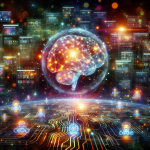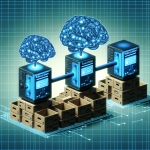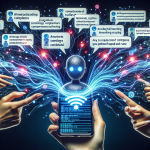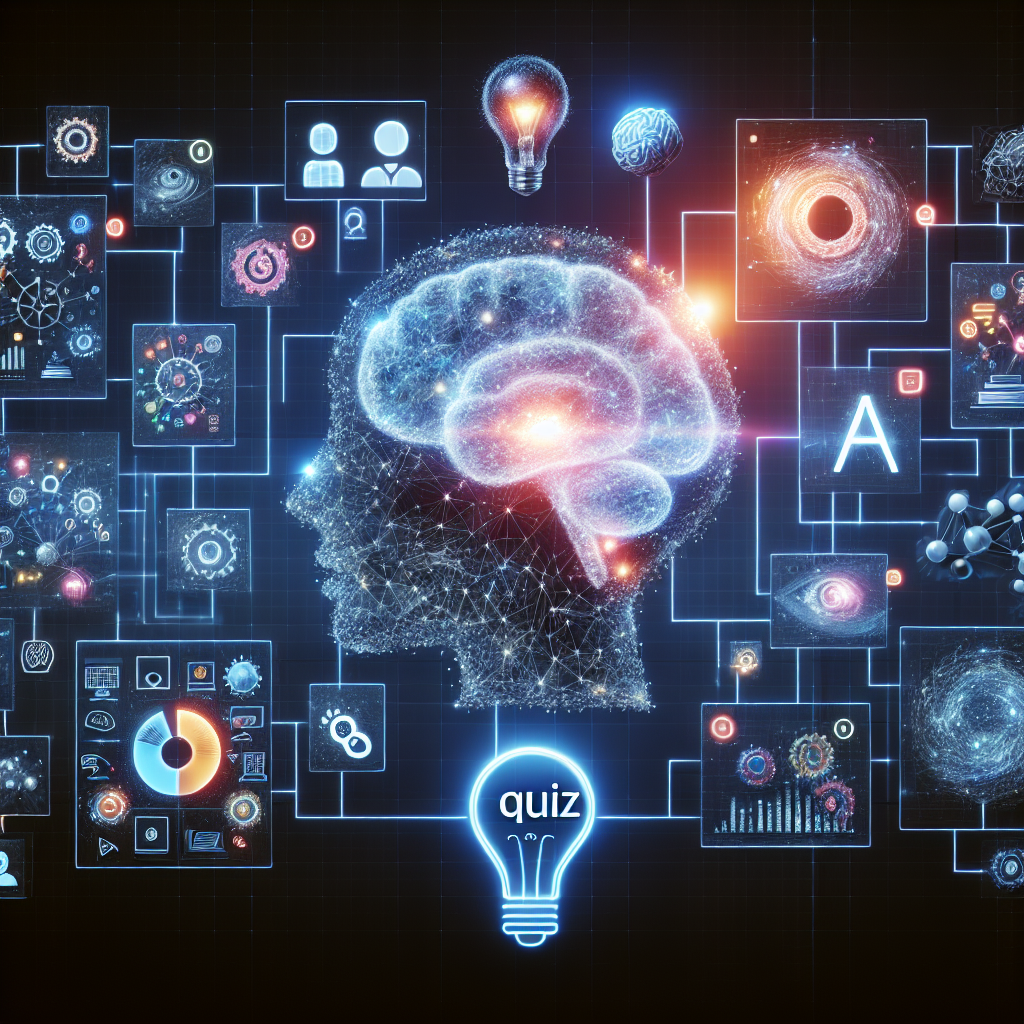Introduction to Smart Interactive Content
In the ever-evolving digital landscape, content is no longer static. It learns, adapts, and responds — thanks to Artificial Intelligence (AI). AI has revolutionized the way we interact with content by enabling dynamic, responsive, and intelligent experiences. From personalized quizzes to AI-generated simulations, interactive content has become smarter and more engaging than ever.
What is AI-Driven Interactive Content?
AI-driven interactive content combines machine learning and user data to create content that adapts in real-time to users’ behaviors, preferences, and responses. Unlike traditional interactive content that follows a fixed path, AI-powered experiences can evolve based on user input, improving relevance and engagement.
Examples include:
- AI chatbots that simulate human conversation and guide users through personalized journeys.
- Recommendation engines embedded in apps or websites to suggest tailored content or products.
- Dynamic storytelling platforms where plot lines change based on user choices and patterns.
How AI Makes Content Adaptive
Adaptive content behaves like a human tutor—modifying itself according to the needs of each user. Here’s how AI contributes to adaptive content creation:
1. Real-Time Data Collection and Analysis
AI algorithms collect behavioral data—clicks, scrolls, time spent, and more—to understand users’ interests and preferences. This information is analyzed in real-time to modify the on-screen content dynamically.
2. Natural Language Processing (NLP)
Using NLP, AI systems understand and generate human-like text, allowing for tailored conversations, search responses, and content recommendations that resonate better with individual users.
3. Predictive Personalization
Through machine learning, AI can predict what type of content a user is likely to engage with next. This capability enables creators to present the most engaging information at the optimal time.
Applications in Various Industries
Interactive, AI-enhanced content is transforming marketing, education, healthcare, and beyond:
- Marketing: AI customizes lead-generation quizzes, interactive ads, and product recommendation widgets.
- Education: Platforms like Duolingo leverage AI to tailor lessons based on the learner’s progress and mistakes.
- Healthcare: Chatbots and virtual health assistants use AI to guide patients through symptom checkers and educational tools.
Tools and Technologies That Power Smart Content
Creating adaptive content can be simplified with technologies including:
- AI platforms like IBM Watson, OpenAI’s APIs, and Google Cloud AI to add intelligence.
- Interactive content tools like Outgrow, Ceros, and Ion Interactive that integrate AI for real-time personalization.
- Analytics platforms to fine-tune content strategies based on AI insights.
These tools allow content creators to develop rich, immersive experiences without deep programming knowledge.
Challenges and Ethical Considerations
As with all powerful technologies, there are challenges:
- Data Privacy: Collecting user data must comply with regulations like GDPR and ensure transparency.
- Algorithmic Bias: Biases in training data can result in unfair or inaccurate content personalization.
- Complexity in Implementation: Developing and maintaining sophisticated AI-driven content requires resources and expertise.
Ethical deployment of AI is becoming increasingly vital as content becomes more personalized and autonomous.
The Future of AI in Interactive Content
As AI continues to advance, it will unlock new ways for content to become deeply personalized and human-like. We can expect:
- Deeper emotional understanding through sentiment analysis.
- Hyper-personalized learning systems for both corporate and academic training programs.
- Increased adoption of AI in virtual and augmented reality environments to create real-time adaptive narratives.
Conclusion
AI in interactive content is not just a trend — it’s shaping the future of how we create and consume digital experiences. By making content smart and adaptive, AI empowers creators to build meaningful, engaging, and personalized journeys that can scale across industries. As technology matures, the intersection of AI and content will only grow richer, more nuanced, and more interactive.






